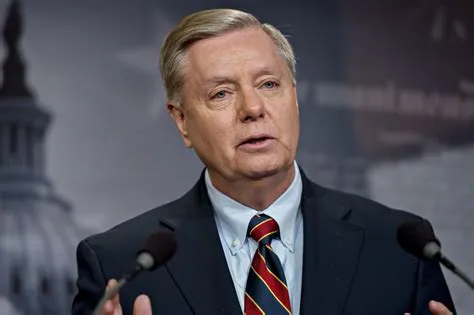One of the most positive environmental impacts is the reduction in greenhouse gas emissions and air pollution due to the decreased use of fossil fuels.
Greenhouse gas emissions, especially CO2, are the primary cause of climate change, leading to adverse effects on humans and ecosystems, such as rising temperatures, altered rainfall patterns, increased frequency and intensity of natural disasters, reduced water availability, land degradation, loss of biodiversity, and disease spread.
Air pollution, especially particulate matter, sulfur dioxide (SO2), nitrogen oxides (NOx), and tropospheric ozone (O3), contributes significantly to health issues like respiratory, cardiovascular, and cancer diseases.
According to the World Health Organization (WHO), approximately 7 million people die each year due to exposure to air pollution.
Reducing greenhouse gas emissions and air pollution will positively impact the environment and human health, especially in the Middle East, one of the most vulnerable regions to the impacts of climate change and air pollution.
Climate Risk Index lists several Middle Eastern countries, including Yemen, Iraq, Syria, and Qatar, as among the most affected by extreme weather events in 2019.
Environmental Performance Index mentions countries like Saudi Arabia, Kuwait, Bahrain, and Iran as having some of the worst air quality in the world in 2020.
To address these environmental impacts, Middle Eastern countries need to focus on mitigating and adapting to climate change and air pollution. This includes reducing emissions and enhancing resilience to the impacts of climate change and air pollution.
Geopolitical Impact
One of the most complex geopolitical impacts is the shifting balance of power and interests between Middle Eastern countries and other nations worldwide.
Middle Eastern countries, particularly Saudi Arabia and Iran, wield significant influence in and beyond the region, especially in politics, security, and religion.
This influence largely stems from their ability to control oil supplies and prices, which serve as crucial energy sources for many countries, especially in Asia, Europe, and America.
Oil also serves as a tool of diplomacy and intervention for Middle Eastern countries often involved in direct or indirect conflicts and rivalries with other nations like Israel, Syria, Yemen, Iraq, Lebanon, and Palestine.
With the COP28 agreement, Middle Eastern countries will face challenges in maintaining and adjusting their influence in a world shifting away from fossil fuels.
Their influence will decrease with the declining demand and prices of oil, reducing their income, power, and legitimacy. Middle Eastern nations will also confront challenges in dealing with changes in the interests and stances of other countries.
especially major powers like the United States, China, Russia, and the European Union, which might reduce their dependence or involvement in the Middle East or alter their orientations and priorities.
Middle Eastern countries will also grapple with internal and regional conflicts and tensions that might escalate due to social dissatisfaction, political instability, and resource competition.
To address these geopolitical impacts, Middle Eastern countries need political transformation and cooperation. This includes shifting their mindset and behaviors from oil-centric to shared-interest-centric approaches, fostering dialogue and reconciliation among conflicting nations.
They also need diplomatic and strategic partnerships to maintain and improve relations with other nations, particularly major powers that can provide support and assistance during the energy transition.
Additionally, actively participating and contributing to global issues, especially those related to climate change, peace, and development, is essential.
Conclusion
The COP28 agreement marks a crucial milestone in the global efforts to tackle climate change and air pollution, which pose real threats to human life and well-being.
This agreement also poses significant challenges for Middle Eastern countries, major suppliers of fossil fuels, the primary drivers of climate change and air pollution. These nations will face significant impacts and challenges in the fields of economics, the environment, and geopolitics, influencing their future.
To address these impacts and challenges, Middle Eastern countries need a rapid, fair, and inclusive energy transition, shifting from fossil fuels to clean and renewable energy that is more.












